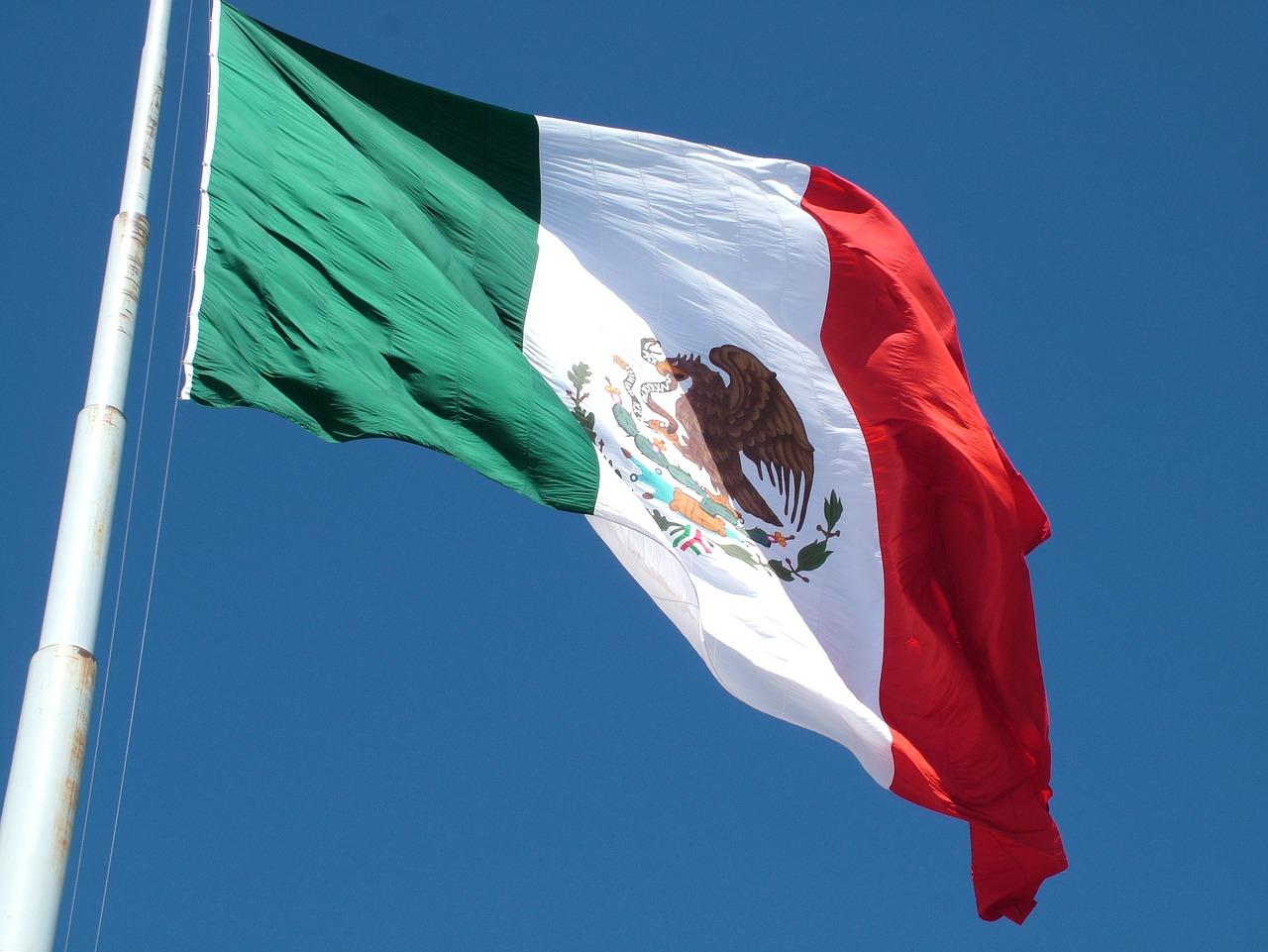Export factoring is a financial tool that plays a crucial role in international trade, providing businesses with a means to manage cash flow and mitigate risks associated with exporting goods and services. Here, a business sells its accounts receivable to a factoring company at a discount in exchange for immediate cash. This method is especially useful for exporters dealing with credit sales, as it accelerates cash flow by converting accounts receivable into liquid assets.
Businesses are now exploring this financing option to accelerate growth. For the ones who are fairly new to the world of export factoring, it is natural to have questions. By understanding the fundamentals and clarifying common questions, businesses can make informed decisions about whether the tool is the right fit for their international operations.
In this blog, we will explore some common questions about export factoring and provide concise answers to help you navigate this aspect of global commerce.
10 Common Questions About Export Factoring Answered
1. How does export factoring differ from domestic factoring?
While the principles of export and domestic factoring are similar, the key distinction lies in the cross-border nature of export factoring. It involves transactions between businesses in different countries, introducing additional complexities such as currency differences, varied legal systems, and potential language barriers.
2. What types of businesses benefit from export factoring?
Export factoring is beneficial for businesses engaged in international trade, especially those facing challenges related to lengthy payment cycles. Small and medium-sized enterprises (SMEs) often find export factoring particularly advantageous, as it helps them manage cash flow and secure timely payments from overseas customers.
3. How does the factor assess the creditworthiness of overseas customers?
Factors typically conduct thorough credit checks on potential overseas customers before approving the financing. This involves evaluating the customer’s payment history, financial stability, and creditworthiness. Additionally, factors may consider the economic and political conditions of the customer’s country to assess the overall risk associated with the transaction.
4. What happens if the overseas customer fails to pay?
This is one of the most common questions about export factoring. In the event of non-payment by the overseas customer, the responsibility for the unpaid invoice falls on the factor. Export factoring agreements may include recourse or non-recourse terms. With recourse factoring, the business that sold the invoice retains some liability and may need to repurchase the debt if it remains unpaid for an agreed-upon period. Non-recourse factoring, on the other hand, absolves the business from any responsibility if the customer fails to pay.
5. How are fees calculated in export factoring?
Export factoring fees vary, but they typically include a discount fee and a service fee. The discount fee is a percentage of the invoice value and helps cover the cost of financing. The service fee compensates the factor for items like managing the collection process, credit checks, and other administrative tasks. Businesses should carefully review and understand the fee structure before entering into an export factoring arrangement.
6. Does export factoring impact customer relationships?
One common concern is whether involving a third party in the invoicing and collection process will strain customer relationships. However, reputable factors are experienced in handling these matters professionally. Communication is key, and many businesses find that transparent discussions about financing arrangements can strengthen customer relationships by demonstrating a commitment to reliability and financial stability.
7. Can businesses choose which invoices to factor?
Yes, businesses typically have the flexibility to choose which invoices to factor. This allows them to tailor the financing arrangement to their specific cash flow needs. Whether a business wants to factor all its export invoices or only select ones, the customization options provided by export factoring make it a versatile solution.
8. Are there minimum or maximum invoice amounts for export factoring?
Invoice amounts suitable for export factoring can vary among factors, but many factors do have minimum and maximum thresholds. It’s essential to check with the chosen factor for specific requirements.
9. What role does currency exchange play in export factoring?
Given the international nature of export factoring, currency exchange is a critical consideration. Factors often provide services to manage currency risk, allowing businesses to receive advances and settle transactions in their preferred currency. This minimizes the impact of exchange rate fluctuations on the business’s finances.
10. Is export factoring only for businesses facing financial challenges?
While export factoring is indeed a valuable tool for businesses experiencing cash flow difficulties, it is not exclusive to financially strained companies. Many financially healthy businesses use export factoring as a proactive strategy to optimize working capital, improve liquidity, and reduce the risks associated with international trade.
Get Excellent Export Factoring Solutions with Tradewind Finance
Tradewind Finance specializes in cross-border transactions for sales made on open accounts, letters of credit, and documentary collections. We solve short-term cash flow issues by purchasing your company’s account receivables in exchange for an advance of up to 95% of the total invoice value. You also get to choose the best avenue to make the most of export finance:
1. Export Factoring on Open Account Terms:
We first inspect the creditworthiness of your buyer and set a credit limit on them. Then, we buy your accounts receivable and pay you generally within 24-48 hours of verifying your invoice. We handle the management of your accounts receivable and the complete dunning process.
2. Export Factoring via Payment Against Documents:
If you sell on documentary terms, we will advance the funds and handle the bank collections process.
3. Export Factoring via Letter of Credit:
Your buyer opens a letter of credit, which guarantees you are paid if the terms and conditions specified in the letter of credit are fulfilled.
In addition to factoring your export accounts receivable, we can also finance your full supply chain. Our global supply chain finance programs can support facilities based on payables, receivables, and inventory. Using purchase order funding, inventory lending, letters of credit, and structured guarantees, our financing helps align the needs of both buyers and sellers.

